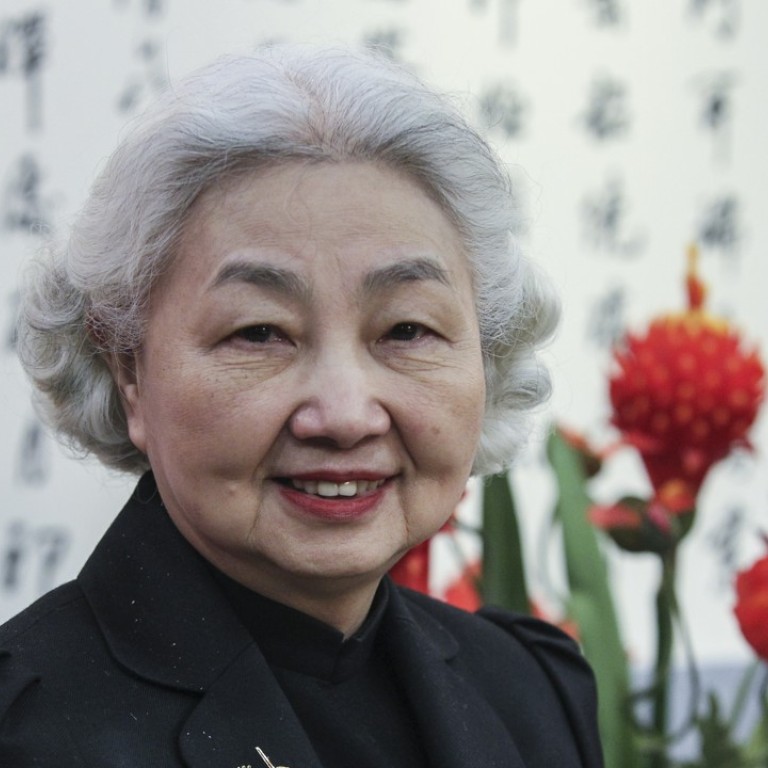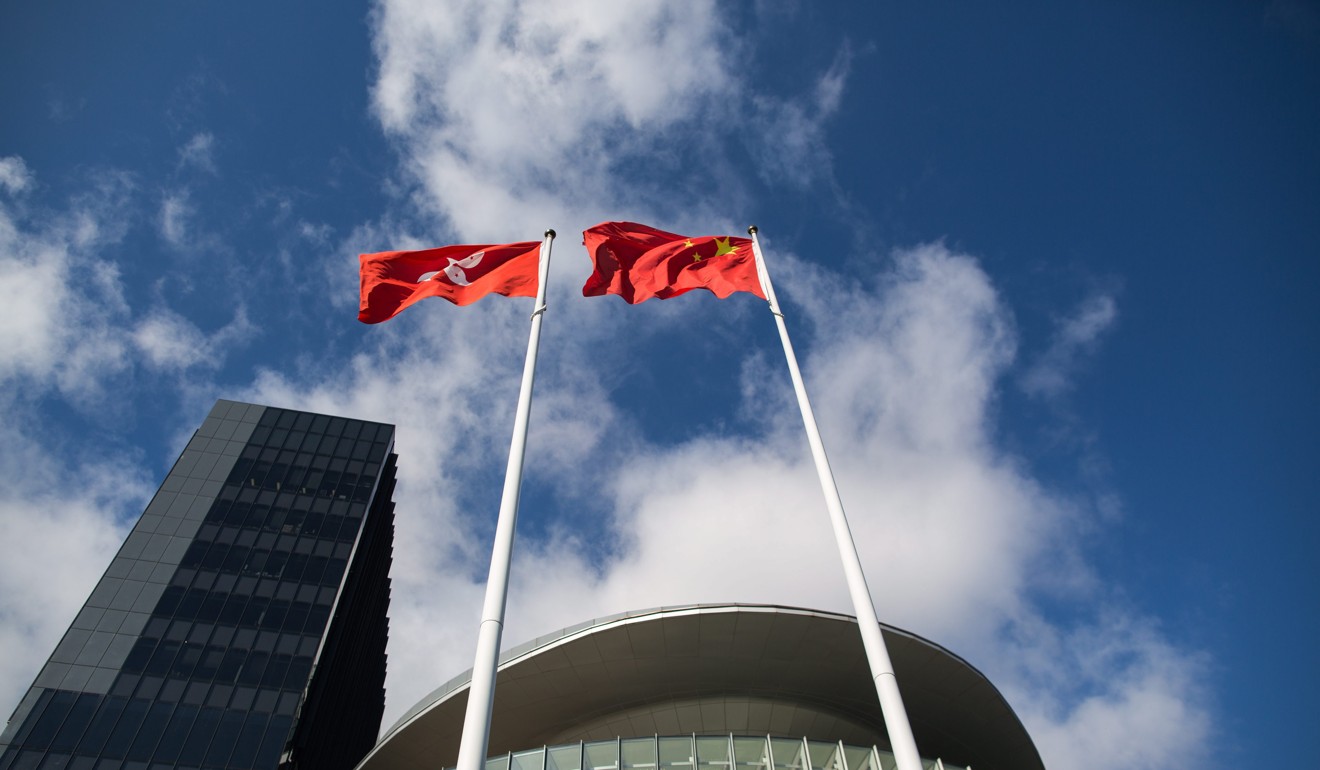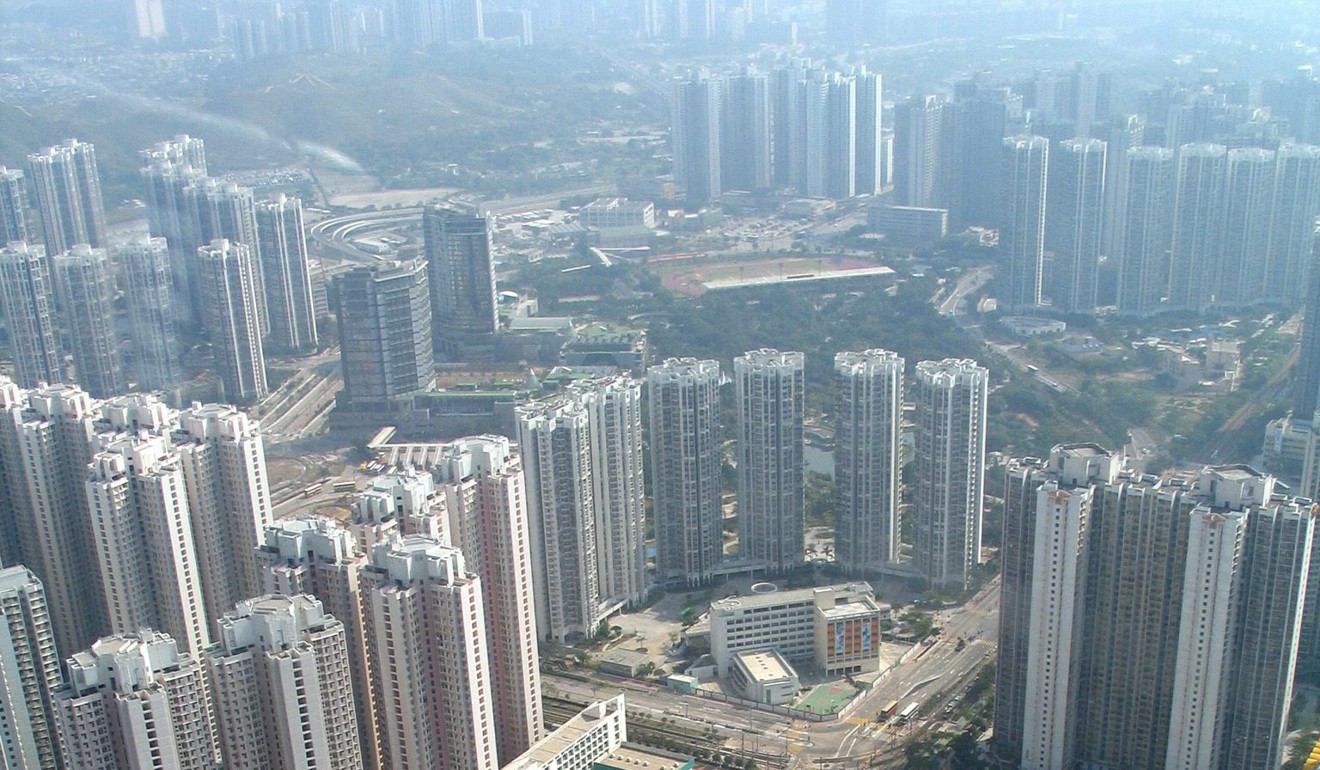
Hong Kong’s 25 per cent population growth since 1997 shows success under Chinese rule, Elsie Leung says
Basic Law Committee vice-chairwoman says ‘one country, two systems’ formula has been working and human rights have ‘increased’
A top adviser to Chinese state leaders on the implementation of Hong Kong’s mini-constitution says the 25 per cent growth in the population since the end of British colonial rule is evidence of the city’s success.
Basic Law Committee vice-chairwoman Elsie Leung Oi-sie said at a university seminar on Saturday that the “one country, two systems” formula under which Hong Kong is governed had been working because if it had not, more people would have left.
The former Hong Kong justice secretary said the principle of letting the city maintain its capitalist system and way of life while being part of communist China had borne fruit.

She said human rights had been protected by the Basic Law and “had not decreased but increased” in line with new laws passed since the handover in 1997, such as those providing for a statutory minimum wage and outlawing racial discrimination.
“If one country, two systems had not been successful, I think more people would have left, instead of us having population growth now,” she said.
The city’s population has grown 25 per cent since 1997 to its current 7.3 million.
Leung also said people had misunderstood what powers the central government possessed under the Basic Law. Beijing not only had control over diplomacy and national defence, but also to appoint Hong Kong’s leader and principal officials and to amend and interpret the mini-constitution, she said.

“Before you say what the central government says and does is interference, you need to look at whether that is a power stipulated in the Basic Law,” Leung said.
She also said she was looking forward to the new Hong Kong administration under incoming leader Carrie Lam Cheng Yuet-ngor, and called on opposition pan-democrats in the city’s legislature to work with the chief executive-elect.
“You wanted ‘ABC’ [anyone but Leung Chun-ying],” she said, referring to Hong Kong’s outgoing leader. “Well, now he’s gone.”

